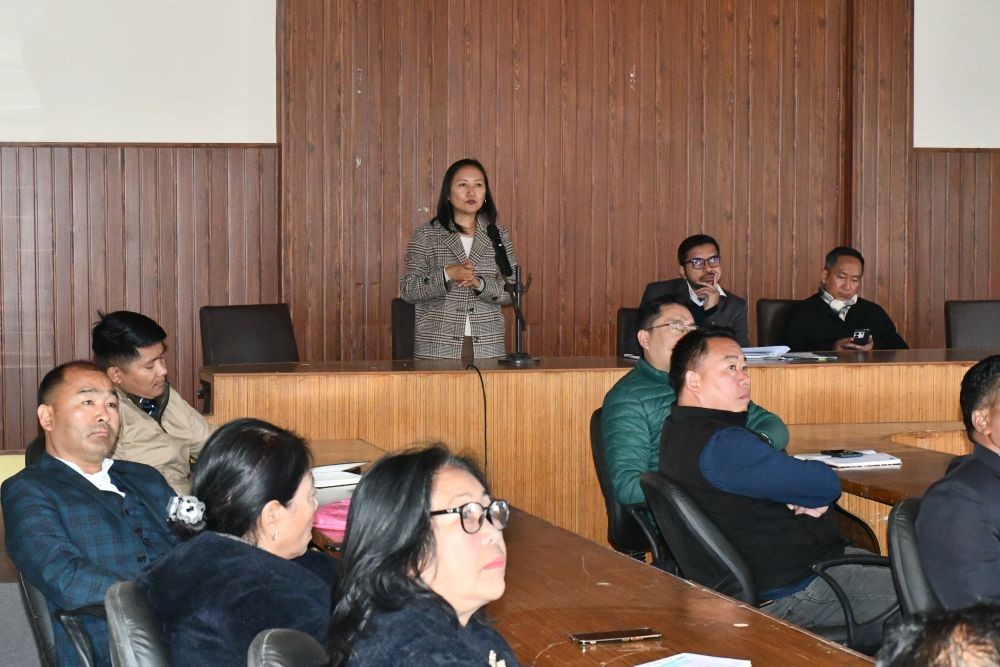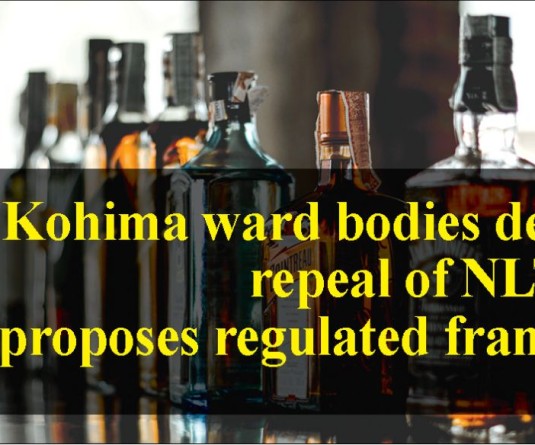DCLS under the NECTAR Project convened a meeting for stakeholder sensitization on January 25 at the DC conference hall, Wokha. (DIPR Photo)

Morung Express News
Wokha | January 27
The District Committee for Lighthouse School (DCLS) under the NECTAR Project convened a meeting for stakeholder sensitisation at the DC conference hall, Wokha on January 27.
Chaired by Deputy Commissioner Vineet Kumar IAS, the meeting aimed to inform local stakeholders about the upcoming construction of the Light House Complex (LCS), a key initiative under the Nagaland Education Project (NEP) – The Lighthouse.
The project, which is supported by the World Bank, seeks to enhance the quality of education in government schools across the state, with particular emphasis on improving conditions in rural areas where educational infrastructure and standards remain a significant challenge.
Joint Secretary and Deputy Project Director NEP - NECTAR, Avelü Ruho, delivered a comprehensive presentation detailing the project’s inception, objectives, and its broader impact on the state's education system. Ruho explained that the LCS project, which aims to transform the Government Higher Secondary School Wokha into a centre of excellence, would address critical infrastructure gaps and improve educational outcomes in the region. She further outlined the project's goals, the criteria for selecting schools to participate, and the roles and responsibilities of the DCLS. Emphasising the importance of community support, Ruho called on civil society organisations in Wokha to assist with the smooth implementation of the project and to help overcome any challenges that may arise during the construction phase.
In response, Deputy Commissioner Vineet Kumar reassured attendees of the administration's full support, promising to address any concerns or suggestions raised during the meeting.
The NECTAR project is the first-ever World Bank-financed education initiative to be implemented directly by a state government in India’s north-eastern region. The programme seeks to address the key challenges facing Nagaland's education system, including poor learning outcomes as highlighted by the National Achievement Surveys (NAS).
The state government has committed to addressing three primary objectives within the project's fixed duration: improving school governance, enhancing teaching practices, and fostering a better learning environment. These efforts are expected to substantially improve both student engagement and educational standards across Nagaland's government schools.




